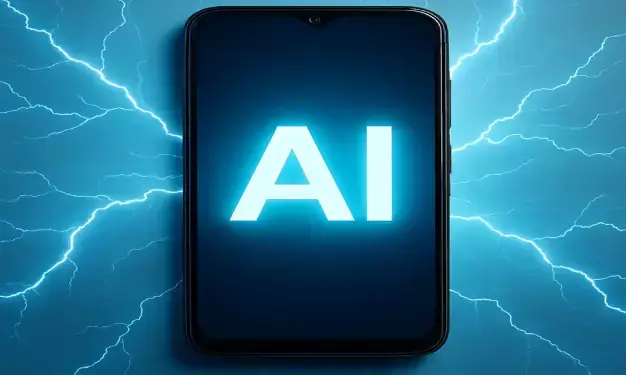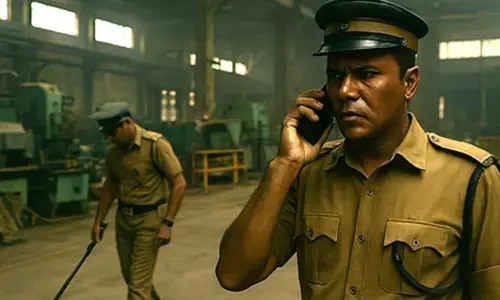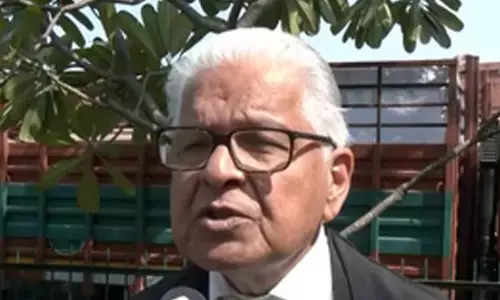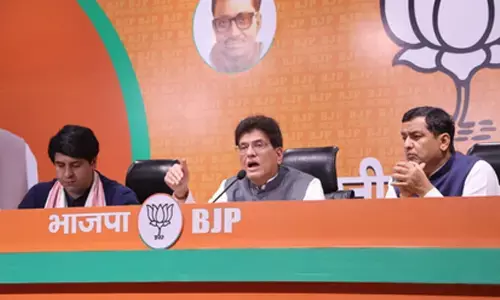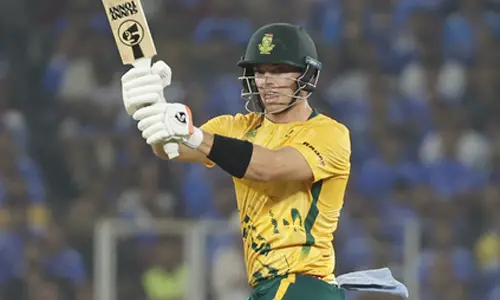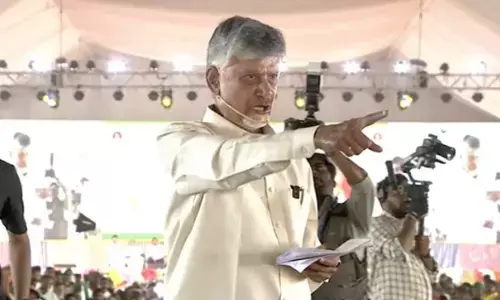Can we term free education, power, water as freebies?
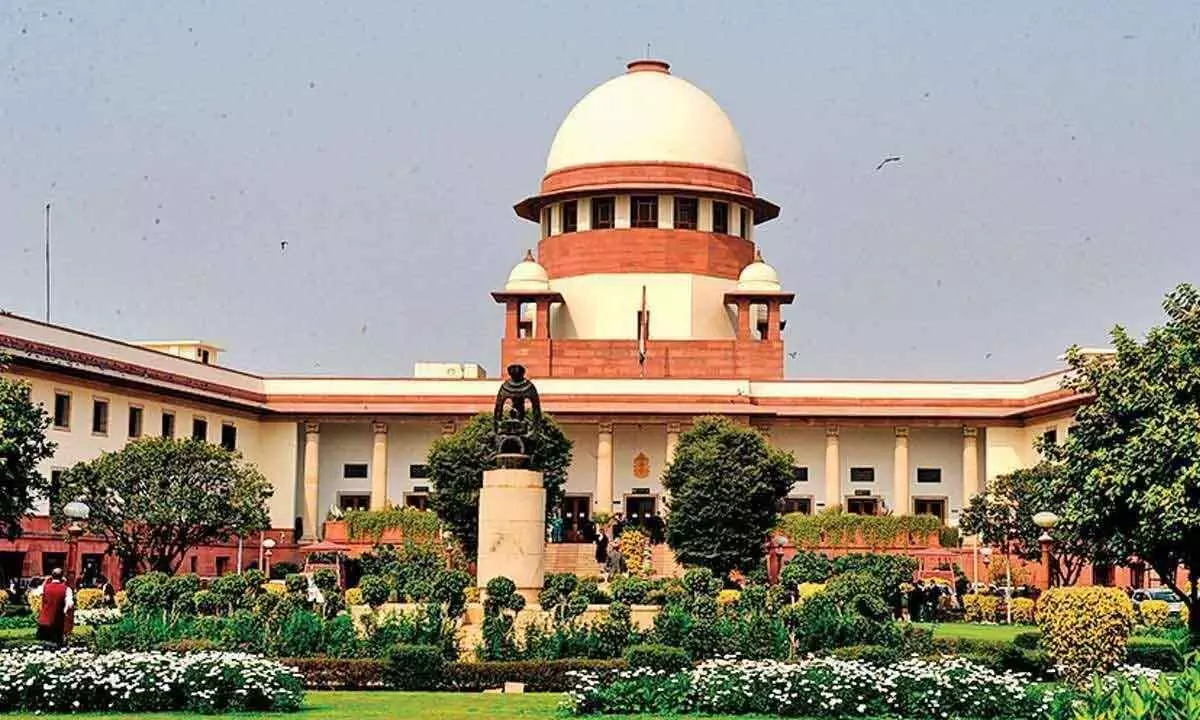
Supreme Court of India
The Supreme Court on Wednesday said that it cannot prevent political parties from making promises during the election campaigns but the question is what constitutes right promises and what is the right way of spending public money.
New Delhi: The Supreme Court on Wednesday said that it cannot prevent political parties from making promises during the election campaigns but the question is what constitutes right promises and what is the right way of spending public money.
A bench of Chief Justice of India NV Ramana, Justices JK Maheshwari, and Hima Kohli observed that it was essential to define what is a freebie as the issue pertaining to what constituted freebies and what doesn't, has become increasingly complicated.
The bench observed, "We cannot prevent political parties from making promises. The question is what constitutes right promises. Can we describe the promise of free education as a freebie? Can free drinking water, minimum essential units of power, etc, be described as freebies? Can consumer products and free electronics, be described as welfare?" "The concern right now is what is the right way of spending public money. Some people say money is wasted, some say it is welfare. The issues are getting increasingly complicated. You give your opinions, ultimately, after debate and discussion, we will decide," said the bench.
CJI Ramana said that even after making promises to the electorate, some parties were still not elected.
The bench cited an example of schemes such as MNREGA, which gave citizens "dignity of living".
The apex court posted the matter for hearing on August 22 and asked parties in the case to file their suggestions by Saturday.
The top court was hearing the plea filed by advocate Ashwini Upadhyay seeking direction to seize election symbols and deregister political parties that promised to distribute irrational freebies from public funds.
Political parties like Aam Aadmi Party, Congress, and Dravida Munnetra Kazhagam (DMK) have sought to intervene in the matter and opposed the plea.
Senior advocate P Wilson, appearing for DMK, contended that the petitioner is trying to convert India from a "socialist country to a capitalist country".
Solicitor General Tushar Mehta, representing the Centre, said, "If our understanding of social welfare is to distribute everything for free, then I am sorry to say but that is an immature understanding."
Earlier, the Supreme Court had said that promising and distributing freebies by political parties during elections is a "serious issue" and an amount has to be spent on infrastructure, etc. It had said that the economy losing money and the welfare of people, both have to be balanced.
The CJI also said that he is "strict orthodox" and doesn't want to encroach on the areas meant by the legislature.
Senior advocate Abhishek Manu Singhvi, appearing for Aam Aadmi Party, had opposed the PIL saying there is confusion between giving freebies and welfare schemes, and the word freebies is used in the very wrong manner.



